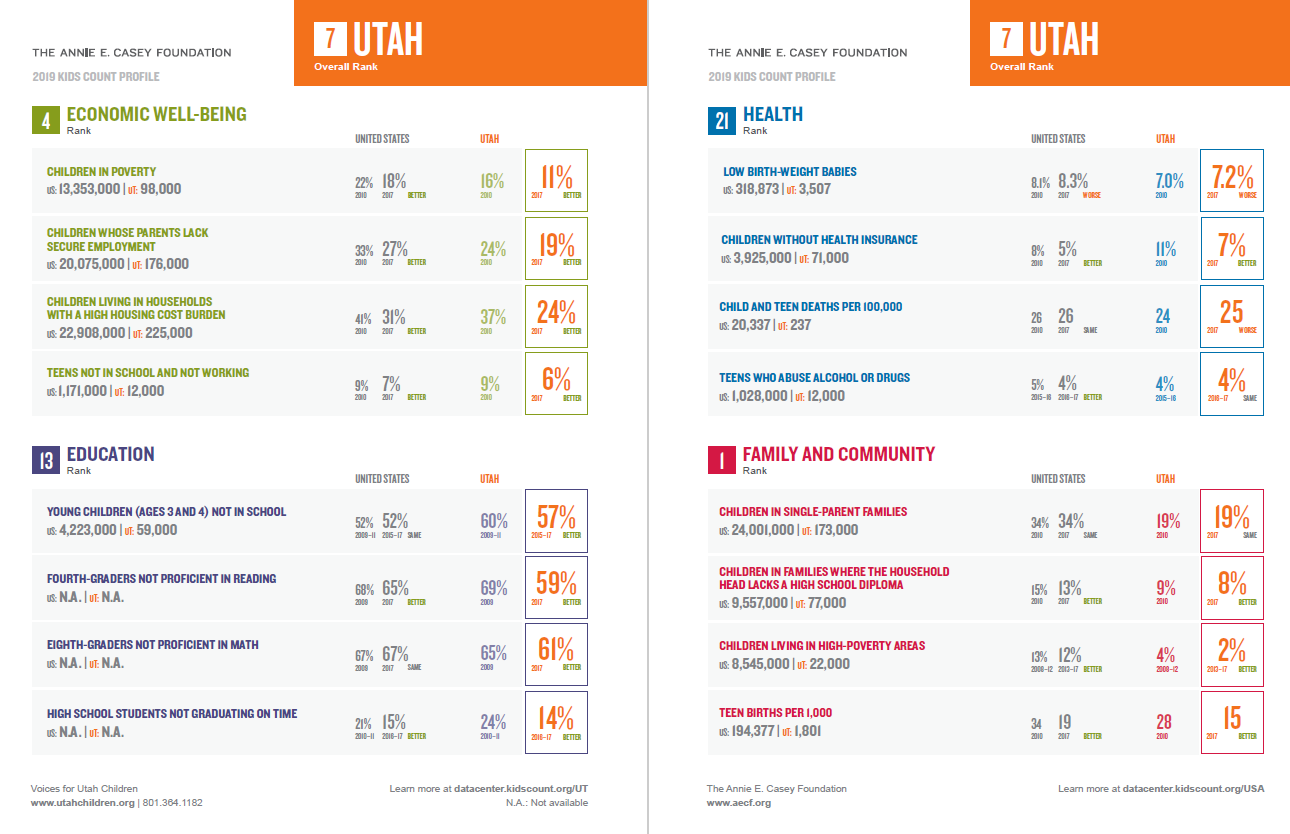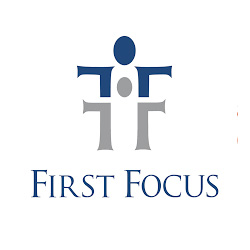Issues
Federal Policy
Voices Calls on Gov. Cox to Veto Tax Cuts Now That Their Price Has Doubled Due to "American Rescue Plan"
2020 Election Guide to Issues Affecting Children
2020 Election Issues Guide
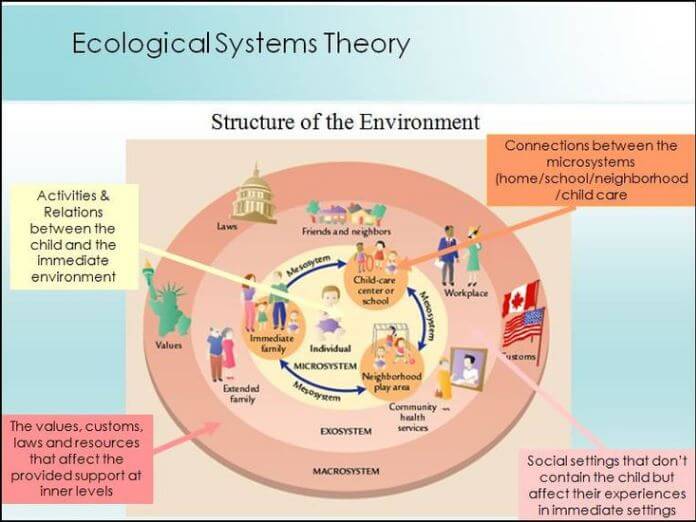 American psychologist Urie Bronfenbrenner formulated the Ecological Systems Theory to explain how the inherent qualities of children and their environments interact to influence how they grow and develop.
American psychologist Urie Bronfenbrenner formulated the Ecological Systems Theory to explain how the inherent qualities of children and their environments interact to influence how they grow and develop.
As Utah grapples with the effects of the coronavirus and COVID-19, this election year challenges us all to think bigger, broader, and longer-term. What lessons must we learn from the public health emergency? What has worked and has not in the actions already taken by state and local authorities? What weaknesses in Utah's economic and social structures were exposed by the pandemic that demand increased attention by Utah's next governor and legislators? What challenges can we now see that we should have addressed years ago to improve our resilience and ability to adapt to emergency circumstances?
While it is certainly true that the direct health effects of the coronavirus impact older adults the most, it is Utah's children who may bear the most lasting scars. Unable to attend school in person, relying on their parents or guardians to be their "home teachers" in a new sense, we already know that tens of thousands of Utah's children will fall behind in ways that will be difficult to make up. The decisions that our new governor and legislators make in the years to come will determine whether and how much our social and economic gaps expand as a result.
The public offices on the ballot in November include:
- Governor and Lt. Governor
- Half of the State Senate
- The entire Utah House of Representatives
Our elected officials play a central role in determining whether all Utah's children have the opportunity to achieve their potential. Will they have access to healthcare and education? Will their families enjoy the economic stability they need to thrive? These are all questions that will be answered by Utah's next governor and legislature.
Voices for Utah Children is providing this Election Issues Guide so that candidates for elected office can better understand the challenges facing Utah's children. We are also seeking to encourage public awareness and dialogue about the needs of children during this year's campaigns so that our new governor and legislature will begin their terms of office prepared to enact effective policies to protect their youngest constituents.
We have divided this Election Issues Guide into five sections:
Tax & Budget/Economic Performance
The Election Issues Guide can also be downloaded as a ![]() 15-page pdf at this link for easier printing.
15-page pdf at this link for easier printing.
Supported by the Annie E. Casey Foundation, our KIDS COUNT® work aims to provide Utah’s legislators, public officials and child advocates with reliable data, policy recommendations and other tools needed to advance the kinds of sound policies that benefit children and families across the state.
In 2019, Utah held on to its ranking among the top ten in the annual Annie E. Casey Foundation KIDS COUNT® Data Book report, coming in at 7th highest in the nation. We especially shined in the subcategory of "Family and Community," where we ranked #1 thanks to our highest-in-the-nation share of two-parent families and low share of children growing up in high-poverty neighborhoods. We also ranked 4th highest in the subcategory of "Economic Well-Being" thanks to our relatively low share of children in poverty.
But we failed to make the top ten in the other two subcategories in the KIDS COUNT® rankings, due to the fact that public policy has fallen short in precisely those two areas: education and health care. We barely outperformed the nation for high school graduation (and fell behind after adjusting for demographics). And we fell behind in the share of children with health insurance, especially among Utah's Latino children, who suffer from the highest uninsured rate in the nation.
All the KIDS COUNT® ranking details are viewable on the chart and links below.
Terry Haven 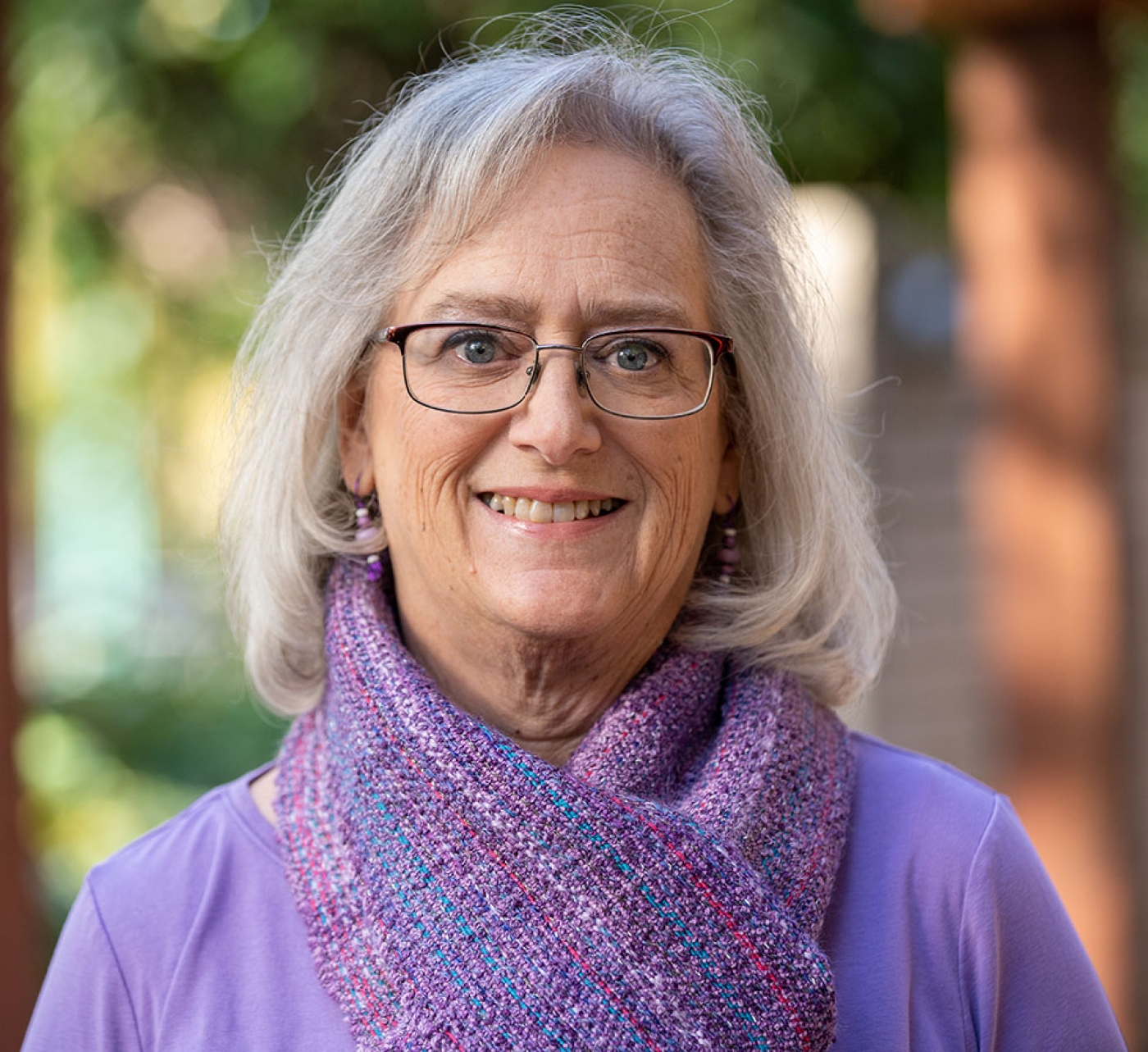
Deputy Director
Voices for Utah Children
More Information:
Measures of Well-Being in Utah, 2019
Talking Kids Tour 2019 - A Supplement to the 2019 Utah KIDS COUNT Data Book
Every Utah child deserves the opportunity to reach their full potential, no matter where their family comes from or where they live in our state. No family should be denied care or afraid to seek the care they need. We must ensure that all Utah parents and kids have affordable health coverage and care. That is why Voices for Utah Children spearheads the 100% Kids Coverage Campaign, so that all children in Utah have insurance. Together we can promote healthy communities where all Utah families thrive.
All Utah children, families, and communities should have access to:
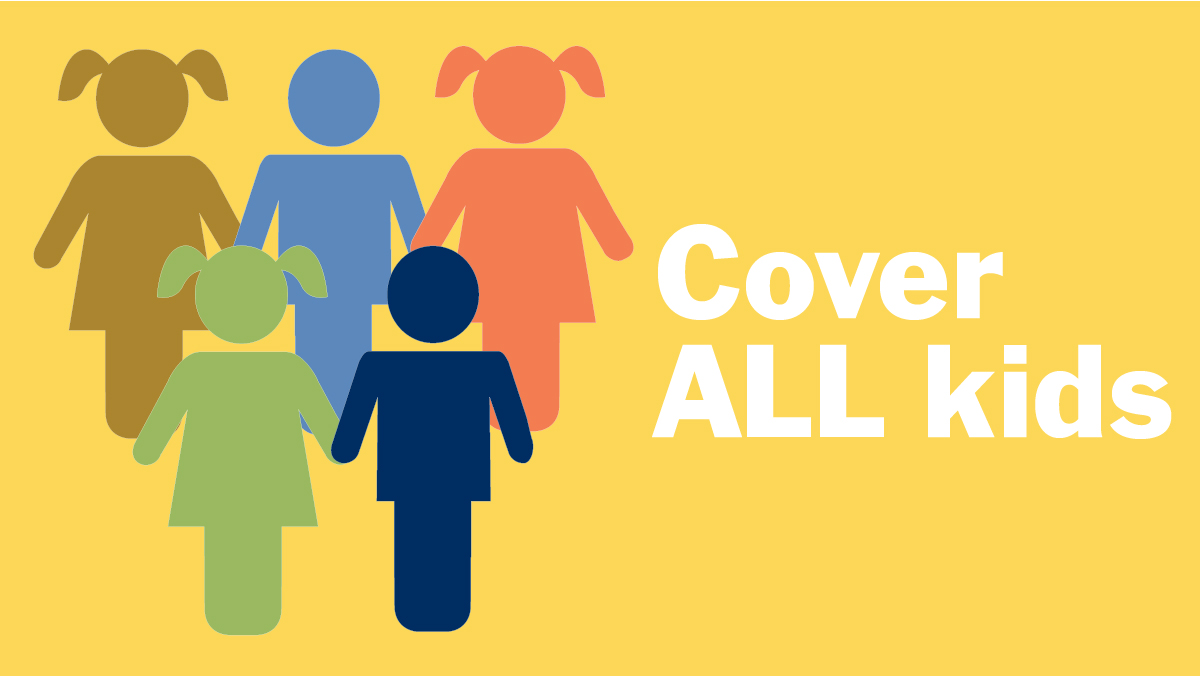 Pre-natal care and insurance, including mental health support for caregivers;
Pre-natal care and insurance, including mental health support for caregivers;- Continuous, comprehensive health coverage and care for all Utah kids;
- Healthy communities and environments, including access to healthy food, clean drinking water and clean air.
To learn more about the 100% Kids Coverage Campaign visit: https://utahchildren.org/issues/100-kids-covered
Contact Jessie Mandle or Ciriac Alvarez Valle


More Information:
What Does the Coronavirus Mean for Families’ Access to Health Care?
New Report Finds Number of Uninsured Latino Children in Utah on the Rise
Voices for Utah Children Opposes New Trump Administration Medicaid Block Grant Guidance
Voices for Utah Children opposes Trump Administration Public Charge Rule
Voices for Utah Children celebrates Utah Medicaid Expansion
Voices for Utah Children believes in a youth-centered juvenile justice system that meets the needs of the children involved in it, while producing positive outcomes for Utah families and protecting community safety. We are committed to the belief that children should be nurtured, educated and given an equitable chance at success in life. That means allowing young people to make mistakes, learn from them, develop accountability to themselves and their communities, and work through their own unique challenges as they prepare for their lives as adults.
Voices for Utah Children advocates for juvenile justice system that is fair, effective and equitable. Such a system creates positive outcomes for different children, using evidence-based and culturally-competent programs, that meets the needs of children from a variety of socioeconomic backgrounds, races, ethnicities, physical and mental abilities, religious paths and belief systems, and sexual orientations and gender identities. We'll know that Utah has a fair, effective and equitable system when the youth themselves, their families and their communities, believe that the system is working in their best interest. In addition, we will see existing disparities between children of different races - in terms of contact with the system, the seriousness of dispositions, and the barriers to exiting the system quickly - disappear.
While we actively engage in policy analysis and advocacy directed at the policymakers who are able to remore structural barriers to youth success, we also work to empower advocates and community members alike, arming people with information that allows them to advocate for the young people in their lives who may be system-involved or at risk for system involvement.
More Information:
April 6, 2020 COVID-19 Update on Utah's Juvenile Justice System in: English, Spanish
April 27, 2020 COVID-19 Update on Utah's Juvenle Justice System in: English, Spanish (Part 1 & Part 2)
Good News for Juvenile Justice Reformers, from the 2019 Legislative Session
Report: Utah children face barriers to accessing defense attorneys
Let's End Racial Disparities in Utah's Juvenile Justice System
 Anna Thomas, MPA
Anna Thomas, MPA
Senior Policy Analyst
Voices for Utah Children
The early years in a child’s life are critically important in terms of social, emotional and cognitive development. All children deserve to start their lives with a real chance to succeed and be happy later in life, but not all children have access to the things that set them up for that kind of future. We believe that when the wellbeing of young children is at the center of public policy and community investment, our entire state does better.
That is why Voices for Utah Children focuses on promoting targeted investments in early childhood care and education, structured to meet the unique needs (and build on the unique strengths) of Utah's many diverse communities. We believe it is possible to build an early childhood system in Utah that supports families with young children by making sure they have access to affordable and appropriate options for their children’s early care and learning—whether children spend their days at home, in formal child care, at public school, or in the care of trusted family and friends.
Anna Thomas, MPA
Senior Policy Analyst
Voices for Utah Children
More Information:
There’s No “Re-Opening” Utah Without More Child Care
National Orgs Call for Emergency Child Care Sector Relief
Three Things Utah Can Do to Ensure Right-Sized Access to Full-Day Kindergarten
Kinship Care Families Need Our Support
Tax & Budget/Economic Performance
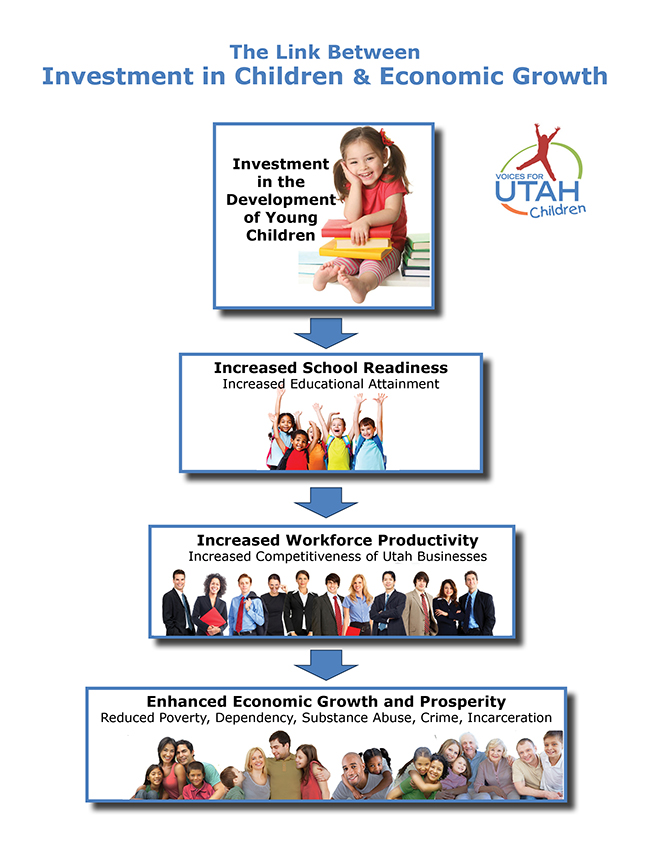
Tax and Budget: Every year, Utah's taxes (income, sales, gas, and property taxes) generate revenues that government then expends in ways that profoundly affect families and communities. The fiscal choices Utah makes — such as whether to invest in Utah's future or give in to the temptation to cut taxes below their current overall low level — will make a critical difference in the lives of the next generation of Utahns. If we make the best choices, we can help foster opportunity for all our children and lay the foundations for Utah's future growth and prosperity.
Last year the Utah State Tax Commission and the Utah Foundation both published research showing that taxes in Utah are the lowest that they have been in 30-50 years, following repeated rounds of tax cutting. Tax cutting is undoubtedly popular, especially in election years, but is it always wise? At some point we need to ask ourselves a difficult question: Is the current generation of Utahns doing our part, as earlier generations did, to set aside sufficient resources every year to invest in our children, in our future, in the foundations of tomorrow’s prosperity and quality of life? And more immediately and specifically, given the Coronavirus Recession's expected impacts on the Utah state budget, should we reconsider the 2018 election-year decision to reduce our income tax rate from 5% to 4.95%, a $50 million tax cut that mostly benefitted high-income households?
Voices for Utah Children's fiscal policy program works to ensure that we invest sufficient resources to ensure that our kids get world-class education and health care as well as special support for children most in need.
At the same time, we also work to ensure that public revenues are generated in ways that are fair. No family should be taxed into poverty as the price of educating their children. Currently, while we've moved in a better direction over the past 25 years, Utah does tax about 100,000 families into or deeper into poverty every year. In addition, the lowest-income Utahns pay a higher overall tax rate (7.5%) than those with the highest incomes (who pay 6.7% of their incomes in state and local taxes). That's one of the reasons why Voices for Utah Children supports making Utah the 30th state in the nation with our own Earned Income Tax Credit (EITC), starting with Utahns working their way out of intergenerational poverty.
Economic Performance: Voices for Utah Children examines and reports on Utah's economic performance from the perspective of how low- and moderate-income Utahns experience the economy -- some examples appear in the links below.
Matthew Weinstein, MPP 
State Priorities Partnership Director
Voices for Utah Children
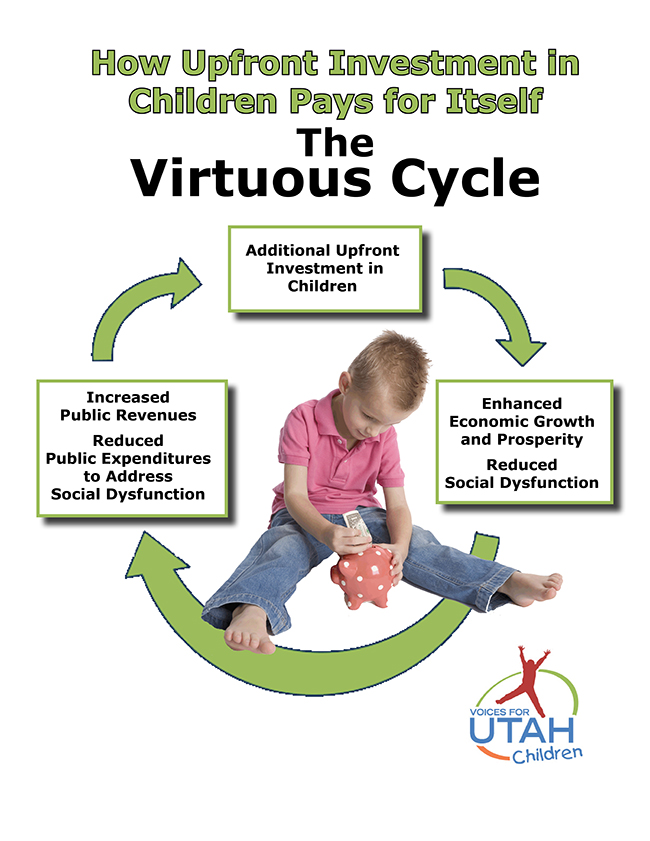
More Information:
Why Utah Should Invest In Our Future, Not Tax Cuts
Why Should Utah Become the 30th State with Our Own Earned Income Tax Credit (EITC)?
The History of Tax Incidence in Utah 1995-2018
Inequality in Utah Compared to Other States and the Nation
Utah Working Families Economic Performance Benchmarking Project: Utah vs. Idaho


